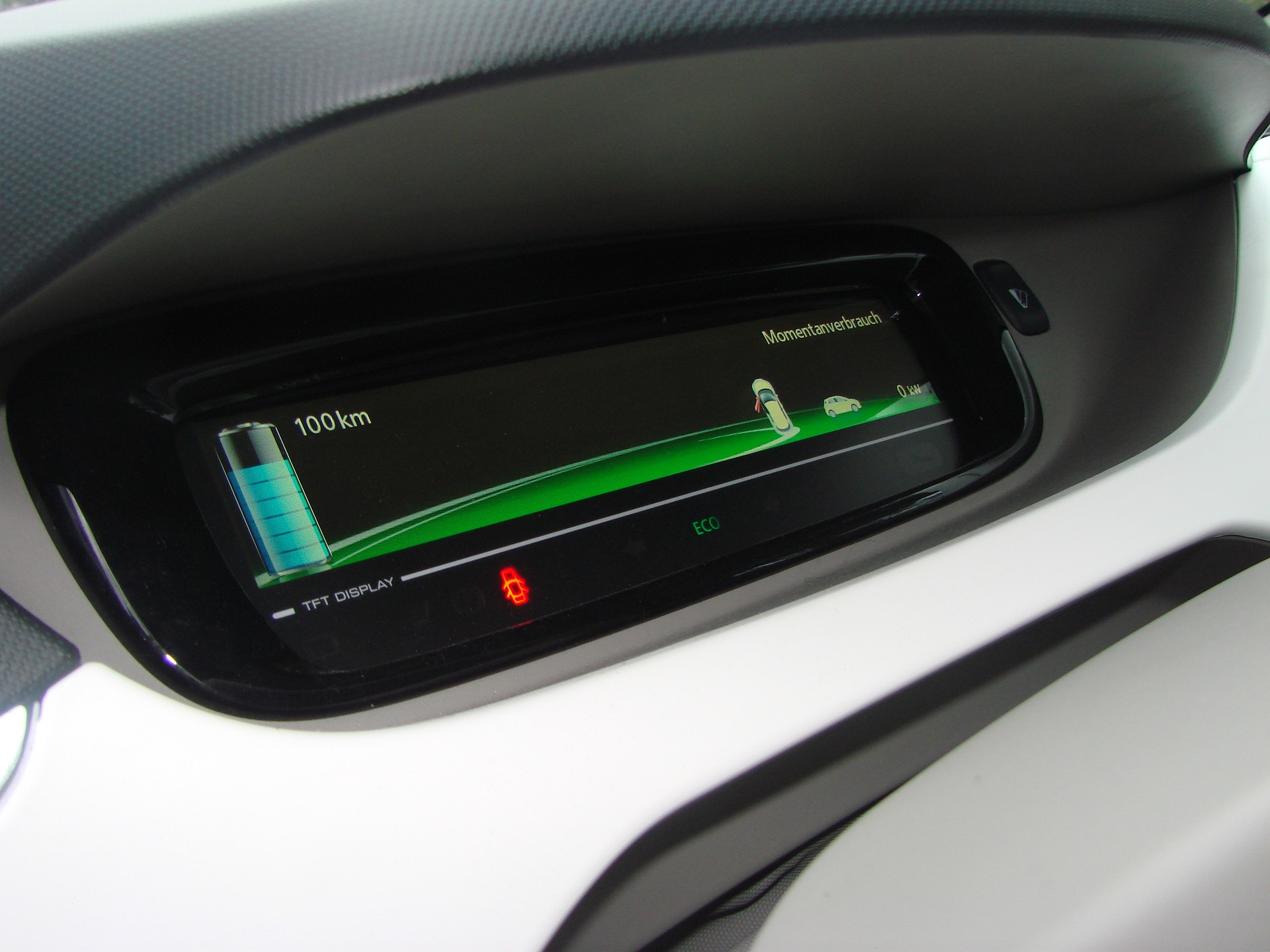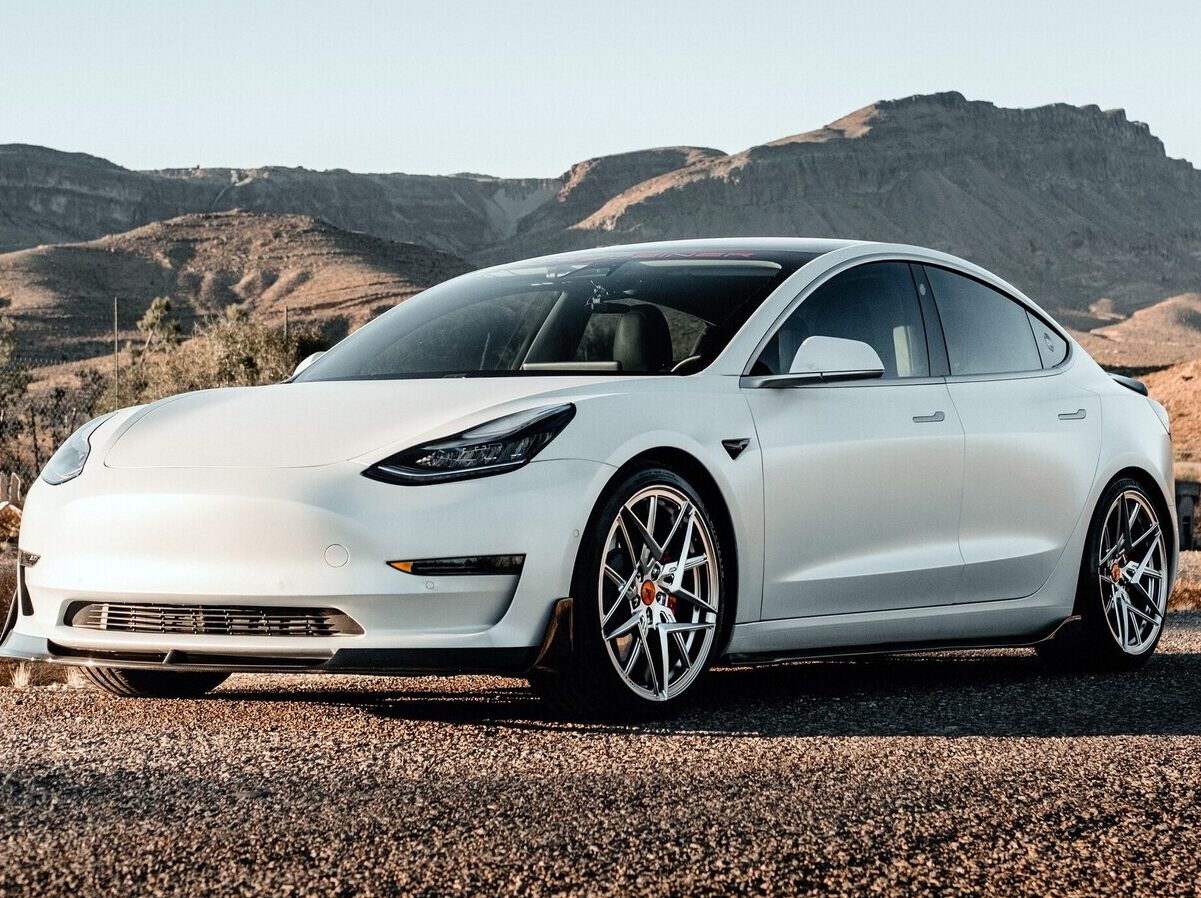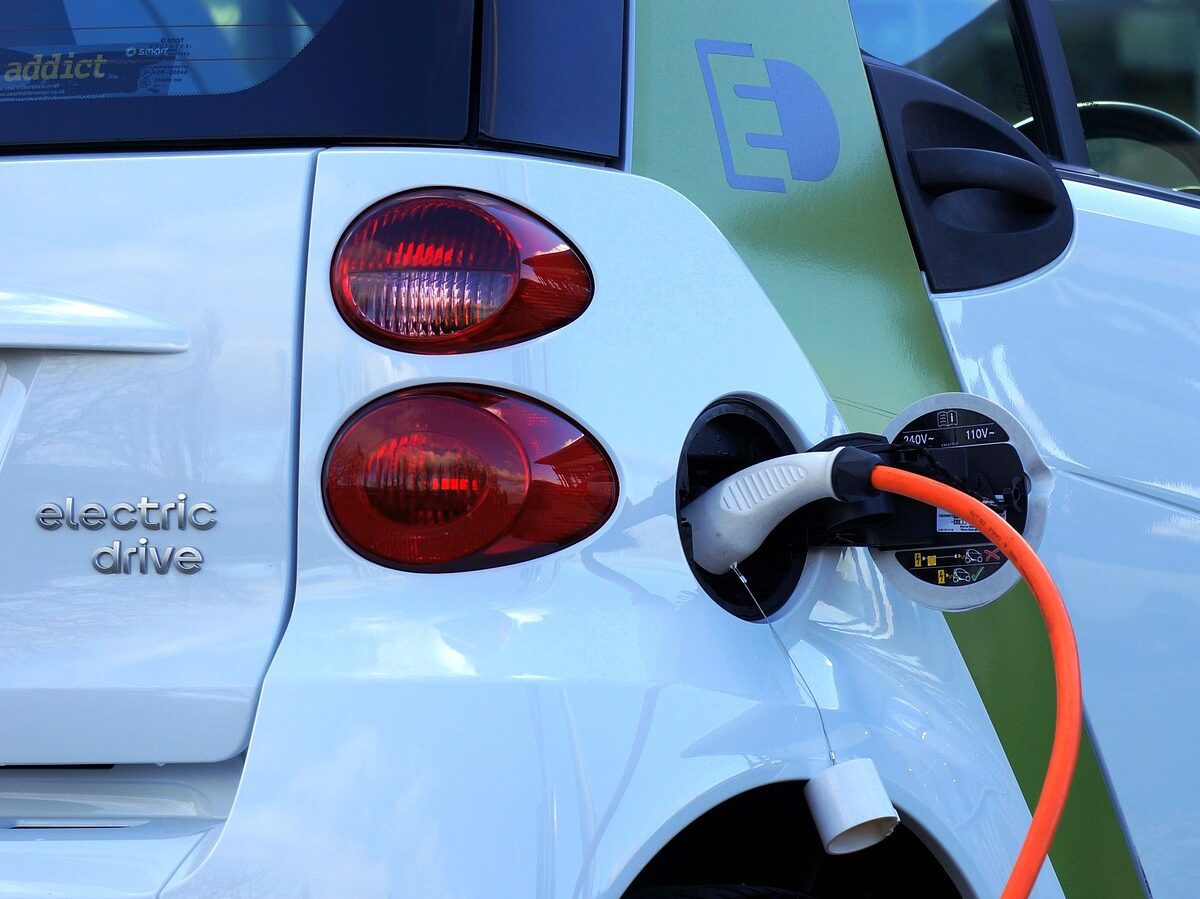Understanding 9 Evident Disadvantages of Electric Cars
The allure of electric cars lies in their potential to offering a compelling alternative to traditional gasoline-powered vehicles that rely on finite fossil fuels and contribute to air pollution and climate change. By harnessing the power of electricity, electric cars promise to usher in a cleaner future on the open road, where the hum of engines is replaced by the whisper of electrons and the scent of exhaust gives way to the fragrance of progress.
However, amidst the promise and potential of electric cars, lurk several disadvantages of electric cars and obstacles that threaten to impede their widespread adoption and use. From concerns about range anxiety and charging infrastructure to questions surrounding battery life and resale value, electric cars face a myriad of hurdles that may influence consumer perceptions and behaviors.
In this blog post, we explore the nuances of electric car ownership, shedding light on the key disadvantages of electric cars that confront drivers in their quest for cleaner mobility. From the intricacies of charging infrastructure to the realities of cold weather performance, we delve into the complexities of electric car ownership and offering insights to help navigate the road ahead.
Limited Range Disadvantages of Electric Cars
In the disadvantages of electric cars, one of the foremost challenges that looms large is the specter of limited range, casting a shadow of uncertainty over the feasibility of long-distance travel and the practicality of daily commuting. Unlike their gasoline-powered counterparts, which boast expansive fuel tanks and the freedom to roam far and wide without constraint, many electric cars find themselves constrained by the finite capacity of their battery packs, tethered to charging stations like ships anchored to port.
Indeed, the unique disadvantages of electric cars limited range presents a tangible barrier to the widespread acceptance of electric cars, particularly for drivers accustomed to the freedom and flexibility afforded by traditional vehicles. With ranges that often fall short of their gasoline counterparts, electric cars may find themselves relegated to the role of urban commuters or short-range errand-runners, rather than embarking on epic road trips or cross-country adventures.
Impact of Various Factors
Moreover, the disadvantages of electric cars limited range is compounded by the impact of accessories such as air conditioning or heating, which can further diminish the available driving distance on a single charge. In the heat of summer or the chill of winter, the temptation to seek refuge in the comfort of climate-controlled cabin temperatures may exact a toll on the range of an electric car, as these accessories draw power from the battery, sapping its energy reserves and hastening the need for a recharge.
The disadvantages of electric cars limited range extends far beyond the mere act of driving. While air conditioning certainly plays a role in reducing range, it’s just the tip of the iceberg. Charging your phone via USB, navigating steep inclines, or contending with wind resistance all conspire to diminish the distance you can travel on a single charge.
Unlike their gasoline-powered counterparts, where such considerations may be negligible, the disadvantages of electric cars are evident; they are acutely sensitive to the additional burdens placed upon them. The weight of passengers and cargo, combined with the energy demands of electronic devices, creates a delicate balancing act for drivers seeking to maximize their range. Even the simple act of traveling uphill can exact a toll on an electric car’s battery, forcing drivers to navigate their routes with strategic precision.
In contrast, traditional combustion engines often shrug off such concerns with ease, their robust powertrains and ample fuel reserves providing a sense of reassurance even under challenging conditions. Whether laden with luggage or passengers, these vehicles soldier on with minimal impact on range, their performance largely unaffected by the burdens they carry.
Thus, the disadvantages of electric cars limited range casts a pall over the allure of electric cars, challenging drivers to confront the realities of their driving habits and lifestyle choices in the face of technological constraints. While advancements in battery technology and charging infrastructure offer glimmers of hope for the future, the road ahead remains fraught with challenges and uncertainties as electric cars strive to break free from the shackles of limited range and chart a course towards a more electrifying future.
Long Charging Times
In the disadvantages of electric cars, the issue of long charging times looms large as a significant hurdle in the quest for widespread acceptance of these vehicles. Unlike the quick pit stops familiar to drivers of gasoline-powered cars, where refueling is a matter of minutes rather than hours, charging an electric car demands a patience and foresight that may not align with the fast-paced rhythms of modern life.
Even with the advent of fast-charging stations, which promise to replenish a significant portion of an electric car’s battery in a fraction of the time compared to conventional charging methods, the reality remains that charging an electric car is a time-consuming endeavor. For drivers accustomed to the convenience and immediacy of gasoline refueling, this extended charging time can be a source of frustration and inconvenience, particularly for those with busy schedules or long commutes, further adding to the disadvantages of electric cars.
Practicality Issues
The prospect of waiting around for an electric car to charge, especially during a journey where time is of the essence, may deter some drivers from embracing electric mobility. Whether rushing to a meeting, embarking on a road trip, or simply navigating the demands of daily life, the specter of long charging times looms large for the disadvantages of electric cars and poses a potential barrier to the widespread acceptance of electric vehicles.
Moreover, the availability and accessibility of charging infrastructure play a pivotal role in determining the practicality of electric car ownership. While urban areas may boast a plethora of charging stations, rural or less densely populated regions may find themselves lacking in this crucial amenity, further exacerbating concerns about charging times and range anxiety — disadvantages of electric cars.
In essence, disadvantages of electric cars long charging times underscores the need for continued advancements in battery technology and charging infrastructure, as well as innovative solutions to streamline the charging process and enhance the overall convenience of electric car ownership. As the electric vehicle market continues to evolve and mature, addressing this challenge will be key to unlocking the full potential of electric mobility.

Charging Infrastructure Disadvantages of Electric Cars
The disadvantages of electric cars charging infrastructure stands as a critical juncture in the journey towards widespread acceptance of electric cars. While strides have been made in expanding the network of charging stations, particularly in urban centers and along major highways, the reality remains that charging infrastructure is not yet as ubiquitous or convenient as the sprawling network of gas stations that dot the traditional roadways of today.
For drivers residing in rural or remote areas, the scarcity of charging stations can pose a significant barrier to electric car ownership. Unlike their urban counterparts, who may have access to a plethora of charging options within easy reach, rural drivers often find themselves navigating vast stretches of road devoid of charging infrastructure, their electric cars tethered to the limited range by their battery packs. Whether located in urban or rural areas, to not be able to roam freely with a vehicle further adds to the disadvantages of electric cars.
The disadvantages of electric cars charging infrastructure can severely curtail the practicality of electric cars for drivers who rely on their vehicles for long-distance travel or frequent journeys into remote regions. The specter of range anxiety looms large as drivers grapple with the uncertainty of whether they’ll be able to find a charging station when needed, leading some to abandon the idea of electric car ownership altogether in favor of the perceived security and familiarity of gasoline-powered vehicles.
Upfront Cost Drawbacks
The upfront cost disadvantages of electric cars emerges as a formidable barrier for many prospective buyers, casting a shadow of doubt over the feasibility of embracing electric mobility. Unlike their gasoline-powered counterparts, which often boast lower sticker prices and a familiar cost structure, electric cars tend to command a premium at the point of purchase, leaving some consumers hesitant to take the plunge into electrified transportation.
The primary culprit behind the disadvantages of electric cars upfront costs lies in the intricate heart of these vehicles: their batteries. The sophisticated battery technology that powers electric cars represents a significant portion of the overall manufacturing cost, driving up the price tag for consumers. While advancements in battery technology have led to incremental reductions in costs over time, the reality remains that electric cars often come with a heftier price tag compared to their gasoline counterparts.
Although incentives and tax credits offered by governments and other entities can help mitigate the upfront costs of electric cars to some extent, these incentives may not be sufficient to overcome the financial hurdles faced by many consumers. The complexities of navigating incentive programs, coupled with eligibility requirements and limitations, may deter some potential buyers from considering electric cars as a viable option, further adding to the disadvantages of electric cars.
Moreover, the disadvantages of upfront cost may be perceived as a barrier to entry for consumers who are accustomed to the affordability and accessibility of traditional gasoline-powered vehicles. For some, the prospect of paying more for an electric car upfront may outweigh the long-term savings on fuel and maintenance costs, leading them to opt for the familiar comfort of a gasoline car instead.
Battery Degradation Disadvantages of Electric Cars
The disadvantages of electric cars battery degradation looms large as a significant challenge that drivers must contend with over the lifespan of their vehicles. Unlike the durable and resilient engines found in traditional gasoline-powered cars, the batteries that power electric vehicles are subject to the relentless forces of time, temperature, and usage, which can take a toll on their performance and longevity.
Degradation Factors
One of the primary culprits behind the disadvantages of electric cars battery degradation is the phenomenon known as cycling, wherein the battery undergoes repeated charge and discharge cycles as it powers the vehicle. Over time, this cycling process can lead to the gradual degradation of the battery’s capacity and efficiency, resulting in a gradual decline in performance and range.
Moreover, extreme temperatures, whether scorching heat or bitter cold, can further exacerbate the disadvantages of electric cars degradation, causing the battery to lose its ability to hold a charge and deliver power effectively. In regions with harsh climates, this can be a particularly acute concern, as drivers grapple with the challenge of preserving the health and longevity of their batteries in the face of temperature extremes.
Furthermore, the disadvantages of electric cars costly battery replacements can add a significant financial burden to the long-term ownership costs of electric cars, potentially eroding the cost savings that initially attracted drivers to electric mobility. While advancements in battery technology and manufacturing processes may help mitigate these concerns over time, the reality remains that battery degradation is an inherent challenge that drivers must confront in their journey towards electric mobility.
Limited Performance
One of the primary areas where electric cars may exhibit limited performance compared to their high-end gasoline-powered counterparts is in terms of top speed and acceleration. While electric cars excel in delivering rapid bursts of acceleration from a standstill, achieving breathtaking speeds and blistering acceleration times comparable to high-performance gasoline cars may prove elusive for some models.
The limitation performance disadvantages of electric cars may extend beyond raw speed and acceleration, encompassing factors such as handling dynamics, cornering stability, and overall driving feel. While electric cars may offer a smooth and refined driving experience characterized by quiet power delivery and precise handling, they may not always deliver the visceral thrill and dynamic feedback that enthusiasts crave from high-performance vehicles.
Environmental Disadvantages of Electric Cars
Beneath the surface of this electric facade lies a more nuanced reality, where the environmental impact disadvantages of electric cars weigh heavily. Central to this conversation is the production and disposal of the lithium-ion batteries that power electric cars, a process fraught with its own set of environmental challenges and considerations.
Extraction and Processing
At the outset, the production disadvantages of electric cars batteries requires the extraction and processing of raw materials such as lithium, cobalt, and nickel, often in environmentally sensitive regions of the world. The extraction of these materials can have detrimental effects on local ecosystems, leading to habitat destruction, soil and water contamination, and disruption of indigenous communities.
Moreover, the manufacturing disadvantages of electric cars itself is energy-intensive, requiring significant inputs of electricity and resources to transform raw materials into finished batteries. While advancements in battery technology and manufacturing practices have led to incremental reductions in energy consumption and emissions, the environmental footprint of battery production remains a concern that cannot be ignored.
Furthermore, at the end of their lifespan, the disadvantages of electric cars batteries is that they must be recycled or disposed of in an environmentally responsible manner, posing additional challenges and considerations. While efforts are underway to develop recycling processes and infrastructure to recover valuable materials from spent batteries, the scale and efficiency of these efforts remain limited, leading to concerns about the potential for battery waste to accumulate in landfills or contaminate the environment.
Read more about the environmental impacts here.
Extreme Temperature Drawbacks
As the temperature rises or falls, the performance disadvantages of electric cars can undergo a dramatic transformation, subjecting drivers to the whims of Mother Nature and the limitations of battery technology. In hot weather, the scorching sun beats down on the pavement, raising temperatures inside the battery pack and triggering a cascade of thermal reactions that can wreak havoc on performance and range.
The heat not only accelerates chemical reactions within the battery cells but also increases internal resistance, leading to greater energy losses and reduced efficiency. As a result, the disadvantages of electric cars may struggle to maintain optimal performance levels, causing range anxiety to rear its head as drivers grapple with the uncertainty of whether they’ll reach their destination before the dreaded “low battery” warning light flashes ominously on the dashboard.
Conversely, in cold weather, the icy grip of winter tightens its hold, sending chills down the spine of electric car owners as they contend with the frigid temperatures and their impact on battery performance. Cold weather can cause lithium-ion batteries to lose their ability to deliver power effectively, leading to decreased range and diminished performance as the temperature drops.
Moreover, the demands of heating and cooling systems further exacerbate the disadvantages of electric cars hot and cold weather performance, drawing power from the battery to maintain cabin comfort and battery temperature within the optimal range. In extreme conditions, this additional energy drain can further deplete the battery’s reserves, leaving drivers to grapple with reduced range and the need for strategic energy management to navigate their journey.
Resale Value Disadvantages of Electric Cars
One of the primary factors contributing to the disadvantages of electric cars lower resale values is the specter of battery degradation, which can cast a shadow of doubt over the long-term viability and reliability of these vehicles in the eyes of potential buyers. As electric car batteries age and undergo repeated charge and discharge cycles, their capacity and performance may diminish over time, leading to concerns about range, efficiency, and overall driving experience.
The rapid pace of technological advancements in electric vehicle technology can further erode resale values, as newer models with enhanced features and improved battery technology enter the market, rendering older models obsolete in the eyes of discerning buyers. With each passing year, the allure of the latest and greatest electric cars may overshadow the appeal of older models, leading to a downward pressure on resale prices as demand wanes and supply increases, further adding to the disadvantages of electric cars.
Furthermore, the disadvantages of electric cars uncertainties surrounding future battery replacement costs and maintenance expenses can also weigh heavily on the resale value of electric cars, as buyers factor in the potential costs and risks associated with owning and operating these vehicles over the long term. While some manufacturers offer warranties and assurances regarding battery performance and longevity, the reality remains that the resale value of electric cars may be subject to greater volatility and uncertainty compared to traditional gasoline cars.
Summary
As we navigate the disadvantages of electric cars, it’s essential to acknowledge and address the challenges that lie ahead, confronting them head-on with a spirit of innovation. With each passing day, advancements in battery technology, vehicle design, and charging infrastructure bring us closer to overcoming the hurdles that stand in the way of widespread electric car acceptance, paving the way for a future where electric cars play a role in shaping a cleaner transportation system. However, as of today, we are far from overcoming these challenges.
The road ahead is fraught with disadvantages of electric cars, from addressing concerns about affordability, accessibility, range limitations, upfront costs, environmental impact, resale value, and long charging times, to tackling the complexities of battery degradation and extreme weather performance. Each challenge demands our attention and calls for creative solutions born from collaboration, innovation, and a shared vision of a cleaner transportation system.
Yet, perhaps one of the most pressing challenges in the disadvantages of electric cars we face is navigating the complexities of recycling and disposal in an electrified world. As the adoption of electric vehicles accelerates, so too does the demand for batteries, raising questions about how to responsibly manage the end-of-life phase of these critical components. Finding sustainable solutions for battery recycling and disposal is essential to prevent environmental harm and ensure the long-term viability of electric mobility.
If you found this post insightful, make sure to explore our other articles: “8 Evident Advantages of Nuclear Power“, “Flowing Towards Sustainability: Uncovering The Advantages of Hydropower“, “Problems with Lithium Batteries in Cars: What You Need to Know“
Learn more: Proceedings of the National Academy of Sciences of the USA


